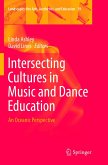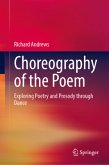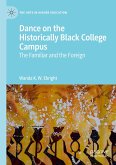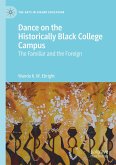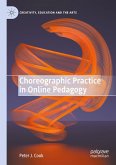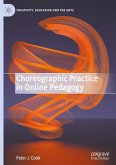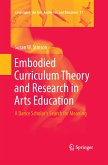Obesity in children and adolescents is a challenge for Brazilian society. This study, characterised methodologically as predominantly qualitative, analyses the possible relationships between overweight and obesity in the teaching-learning process of educational dance in children and adolescents. It uses the Triangulation of Methods as a data collection procedure, developed in three stages. The instruments used were: anthropometric assessment, semi-structured individual interviews, educational intervention, participant observation, field diary, body dissatisfaction assessment scale and body image perception assessment using silhouettes. The study took place in 18 municipal public schools in Fortaleza, Ceará. The respondents were 557 students of both sexes who practised dance as part of the Mais Educação Programme, aged between six and seventeen, and were obese and non-obese. The data was analysed according to the nature of each instrument. The SPSS (2003) programme was used for descriptive statistical analyses of the quantitative data, and qualitative interpretation and content analysis, as precepted by Bardin (2004), for the qualitative records.
Bitte wählen Sie Ihr Anliegen aus.
Rechnungen
Retourenschein anfordern
Bestellstatus
Storno


